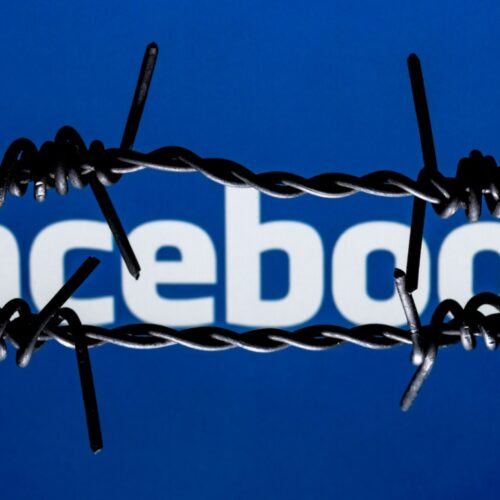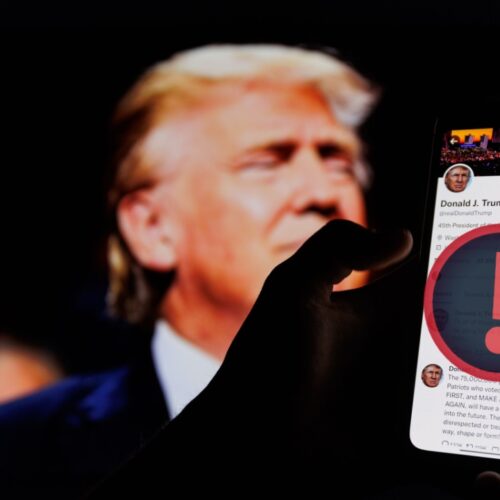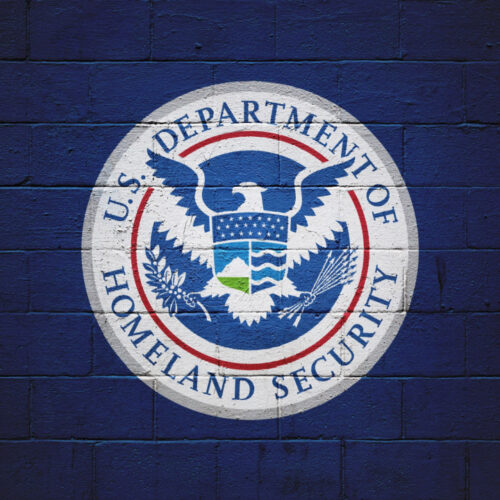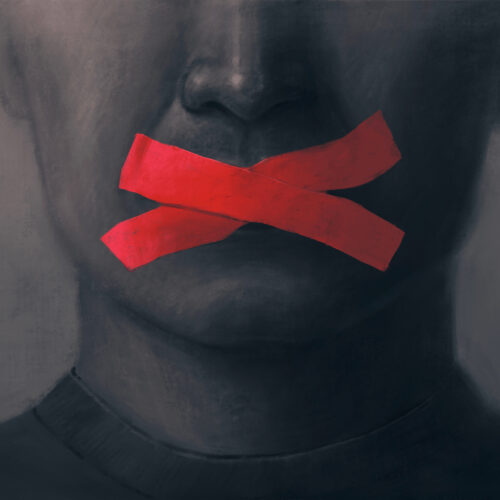WATCH: Deep Dive into the Censorship Regime
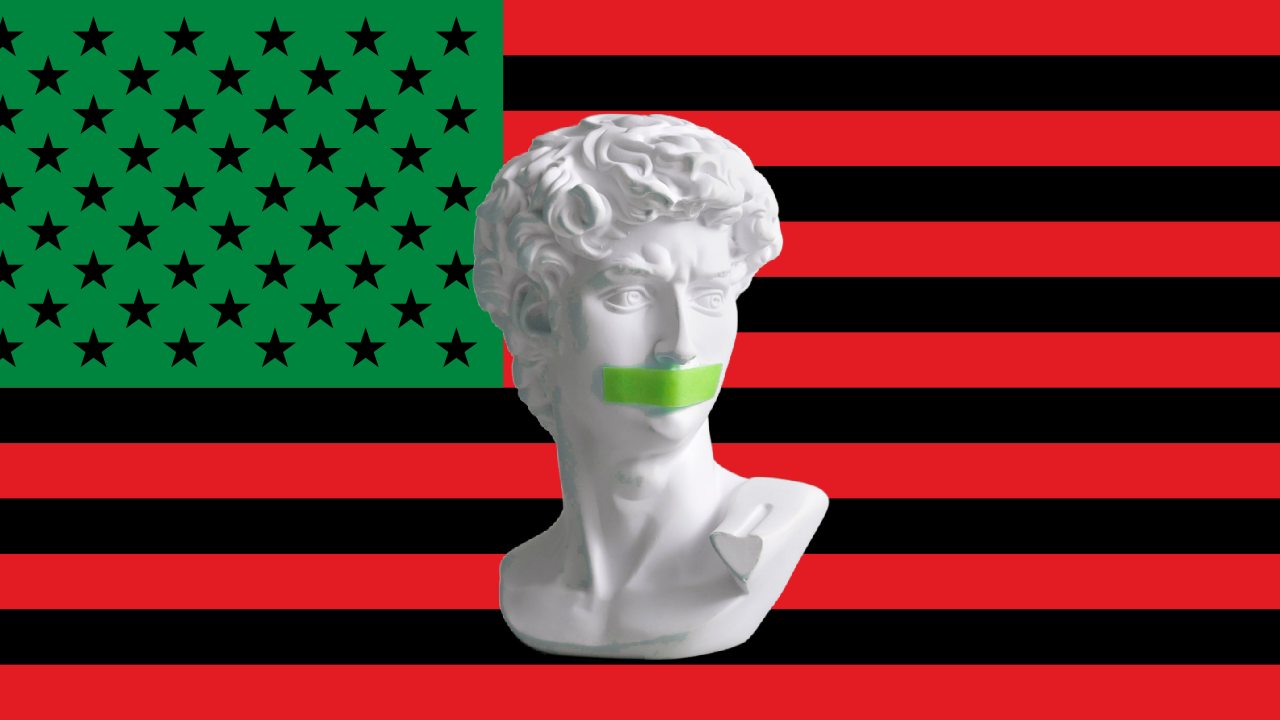
The woke regime, like all totalitarian regimes before it, views your freedom of speech not as a right but as an obstacle. The suppression of dissent is a vital element of the power grab that will enable this regime to achieve its political goal: the establishment of group quotas as the organizing structure of American life, rather than individual merit and constitutional liberty.
What makes the group quota regime different from the tyrannies of the past is that it has access to mechanisms of political control that are entirely unprecedented in human history, thanks to the technological and social revolution of the last few decades. The migration of so much of our political life into the digital realm, the outsourcing of speech and information control to nominally private actors not directly bound by constitutional limitations, and the development of new tools for more efficient and effective manipulation — including, most recently, artificial intelligence — have created a perfect storm of censorship that is both more extensive and more subtle than that practiced by any previous authoritarian regime.
Those committed to individual merit and to the preservation of our constitutional order must first understand these mechanisms of control if they hope to combat them, and so preserve the hope of victory in the cold civil war against the group quota regime.
The information control apparatus that operates within the U.S. has the ability not only to censor facts but to construct pseudo-realities in which the truth itself becomes “disinformation.” Think of the narratives pushed by the woke regime regarding the origins of COVID-19, Hunter Biden’s laptop, or January 6th. Alternative narratives, or pseudo-realities, were created about each of these events, then pushed by the media and supported by the government to silence discussion and suppress the facts. Those who spoke truthfully about these events were accused of spreading “disinformation” and were silenced. For the woke regime, individuals who challenge the constructed narrative or present facts that deviate from the prescribed ‘truth’ risk being labeled a “threat to democracy.”
This apparatus is called “The Censorship-Industrial Complex,” a term coined by the reporter Michael Shellenberger in testimony before the House Select Committee on the Weaponization of the Federal Government. Just as President Dwight D. Eisenhower famously warned in his farewell address of “the acquisition of unwarranted influence… by [a] military-industrial complex,” the censorship-industrial complex represents a dangerous convergence of federal and corporate power that undermines constitutional government and the liberty of citizens.
As Shellenberger explained in his March 2023 testimony:
Eisenhower feared that the size and power of the ‘complex,’ or cluster, of government contractors and the Department of Defense would ‘endanger our liberties or democratic processes.’ How? Through ‘domination of the nation’s scholars by Federal employment, project allocations, and the power of money.’ He feared public policy would ‘become the captive of a scientific-technological elite.’”
Eisenhower’s warning should resonate today as the censorship-industrial complex — made up of government agencies, legacy media outlets, academic institutions, Big Tech companies, and nongovernmental organizations — targets one of our most fundamental rights: freedom of speech.
In order to fully grasp the history, tactics, and intricacies of the censorship-industrial complex, we recommend watching the entirety of Tucker Carlson’s interview with Mike Benz, executive director of the Foundation for Freedom Online. Benz describes the architecture of censorship today in detail and explains how it transitioned from a foreign predicate — the specter of Russian ‘disinformation’ — to a domestic one: the supposed threat to democracy posed by narratives unsanctioned by the woke regime. It was only by establishing this narrative firmly in the public consciousness that the censorship-industrial complex was able to “launder the entire democracy-promotion regime-change toolkit just in time for the 2020 election.”
In just one example, Benz discusses the Department of Homeland Security’s determination that “elections are now critical infrastructure” in the wake of Donald Trump’s victory in 2016 — a seemingly minor change that facilitated the criminalization of unsanctioned online speech:
Benz: You had this new power within DHS to say that cybersecurity attacks on elections are now ‘our purview.’ And then they did two cute things. One, they said mis-, dis-, and mal-information online are a form of cybersecurity attack; they are a cyber attack because they are happening online. And they said, well… we’re actually protecting democracy and elections. We don’t need a Russian predicate after Russiagate died.
So just like that, you had this cybersecurity agency be able to legally make the argument that your tweets about mail-in ballots — if you undermine public faith and confidence in them as a legitimate form of voting, you were now conducting an attack on U.S. critical infrastructure by articulating ‘misinformation’ on Twitter…
Carlson: So, in other words, complaining about election fraud is the same as taking down our power grid?
Benz: Yes. You could literally be on your toilet seat at 9:30 on a Thursday night and tweet, ‘I think that mail in ballots are illegitimate.’ And you were essentially then caught up in the crosshairs of the Department of Homeland Security classifying you as conducting a cyber attack on U.S. critical infrastructure because you were doing ‘misinformation’ online in the cyber realm, and ‘misinformation’ is a cyber attack on democracy when it undermines public faith and confidence in our democratic elections and our democratic institutions.
The control of information, the crackdown on dissent, the redefinition of reality itself: all of these are classic tools of totalitarian regimes. We must understand that fact — understand both the goals of the group quota regime and how they intend to achieve them — before we can proceed. We are in a war, and we ought to know our enemy if we hope to fight and win.
Watch the whole interview between Tucker Carlson and Mike Benz below:
